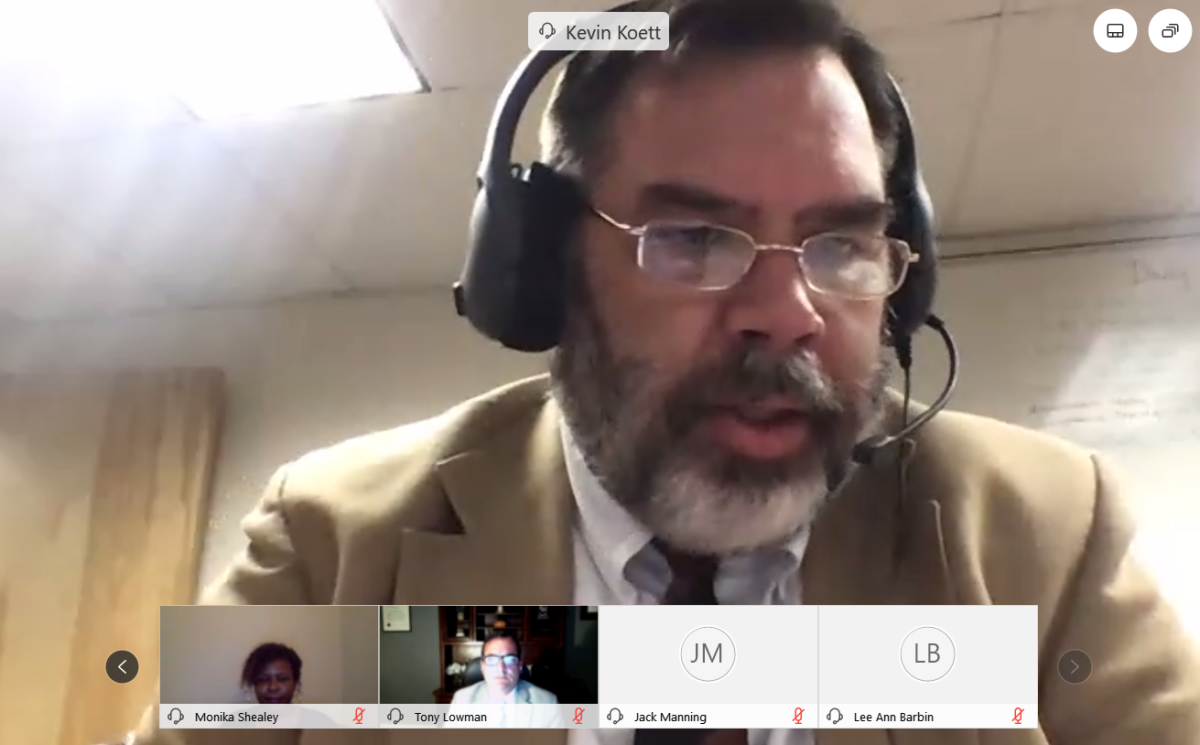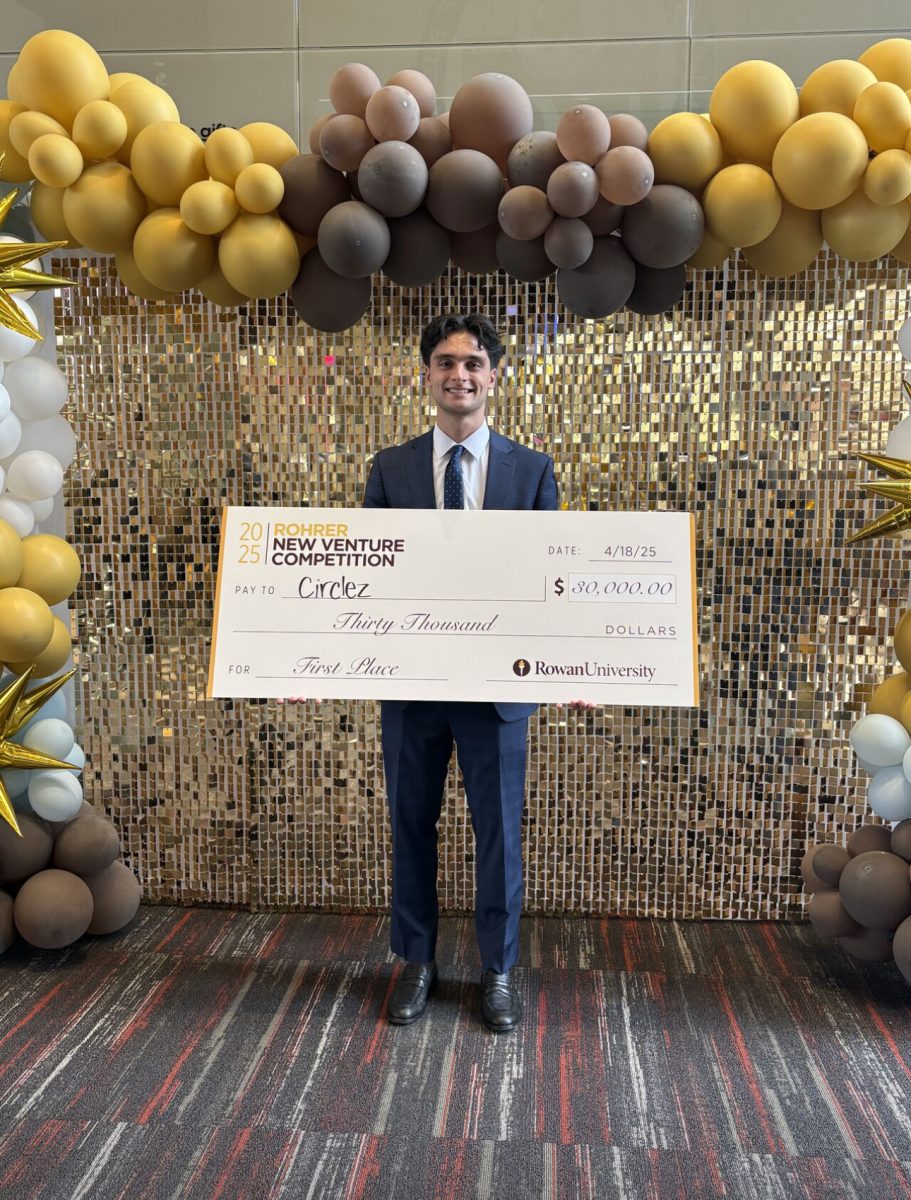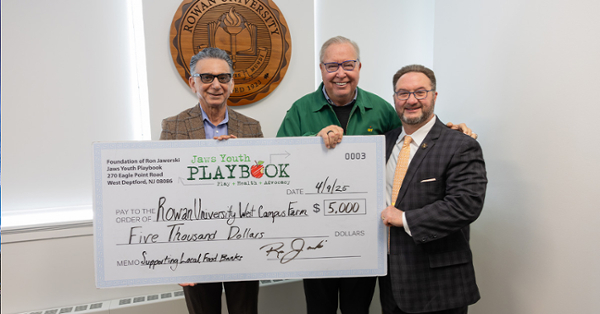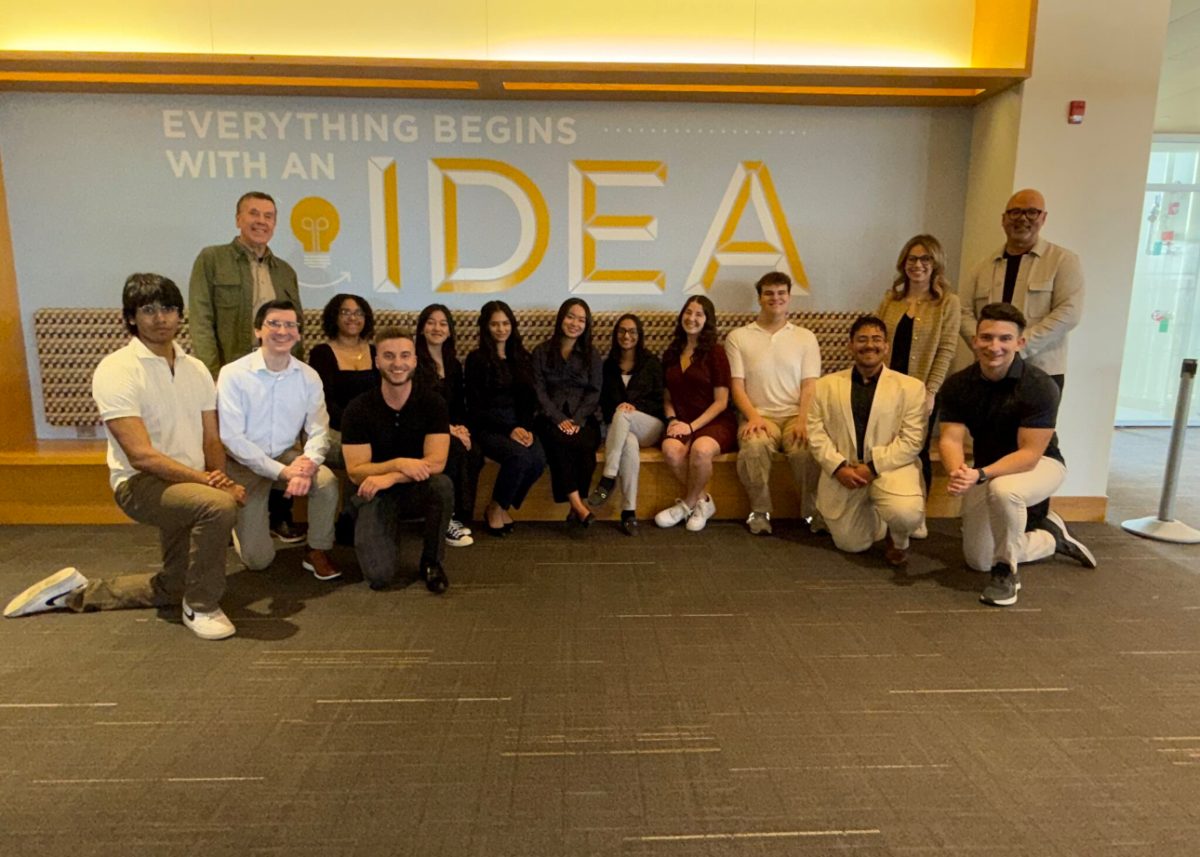On Wednesday, Sept. 16, Glassboro and Rowan officials partnered to answer the questions of Glassboro residents related to the rise of COVID-19 cases in university students.
The event occurred virtually over Cisco Webex, and panelists included Wellness Center Director Scott Woodside, Dean of Students Kevin Koett, Provost Anthony Lowman, Glassboro Councilman Edward Malandro, and the director of Glassboro’s Office of Emergency Management, Jack Manning.
As of Sept. 15, 108 on-campus and 120 off-campus students have been confirmed as testing COVID-positive.
One of the most common questions at the meeting was if there was a “set number of cases” necessary for the university to close. Lowman fielded this concern by explaining that the school has no intention of “closing,” with operations continuing regardless of in-person logistics.
“There is no one set number,” Lowman said. “We’re talking about things like more classes online or, in this scenario, sending people home… we’re looking at all of the data: hospitalizations, access to supplies, access to our quarantine dorm. That’s part of what the planning is… just looking at how the state has evolved through its different stages, there’s been no magic number that’s had the state progress through its various stages of [reopening]. It’s been guided by the total public health picture. That’s what we’re really asked to provide by the state in our plan working with the state to reopen our campus, and that’s what we’re going to do moving forward.”
Lowman added that schools that have seen high spikes in COVID-19 cases had “lost the ability to follow their plan.”
“As long as we have the ability to follow our plan,” he said, “we’ll continue to move forward and operate.”
Another frequently asked question concerned what actions university officials have been taking to manage off-campus parties and other large social gatherings. Malandro clarified that neither Glassboro police nor the township has the power to prohibit any activity not covered by a statewide executive order since doing so would harm residents’ constitutional rights; by that metric, any gathering of up to 500 people is now considered permissible.
However, according to Koett, the university has already penalized both individual students and suspended organizations for hosting large gatherings. It was even noted by Malandro that Koett has personally gone in the early hours of the night to break up parties.
“We will address every complaint [of partying] that comes to our attention,” Koett stated during the Q&A session. “When you see things that look like they’re not being done right, report it.”
Koett did not elaborate on which specific student organizations have been suspended as a result of violating public health codes.
Woodside also clarified several statistics related to isolation and tests, noting that Triad Apartments, being used to hold students in isolation who have tested positive, is currently at 25% capacity. He noted that about 1/3 of positive cases considered “on-campus” have chosen to isolate at Triad, 1/3 have chosen to go to their permanent addresses and 1/3 are people from off-campus housing who have chosen not to relocate to Triad. Currently, all students are able to isolate in Triad, regardless of whether they reside on or off campus, and are offered both food and “activities.”
Woodside also said that asymptomatic testing, currently unavailable to students who are not randomly selected, is expected to double in the upcoming week.
For comments/questions about this story, email [email protected] or tweet @TheWhitOnline.
























































































































































!["Working with [Dr. Lynch] is always a learning experience for me. She is a treasure,” said Thomas. - Staff Writer / Kacie Scibilia](https://thewhitonline.com/wp-content/uploads/2025/04/choir-1-1200x694.jpg)














































